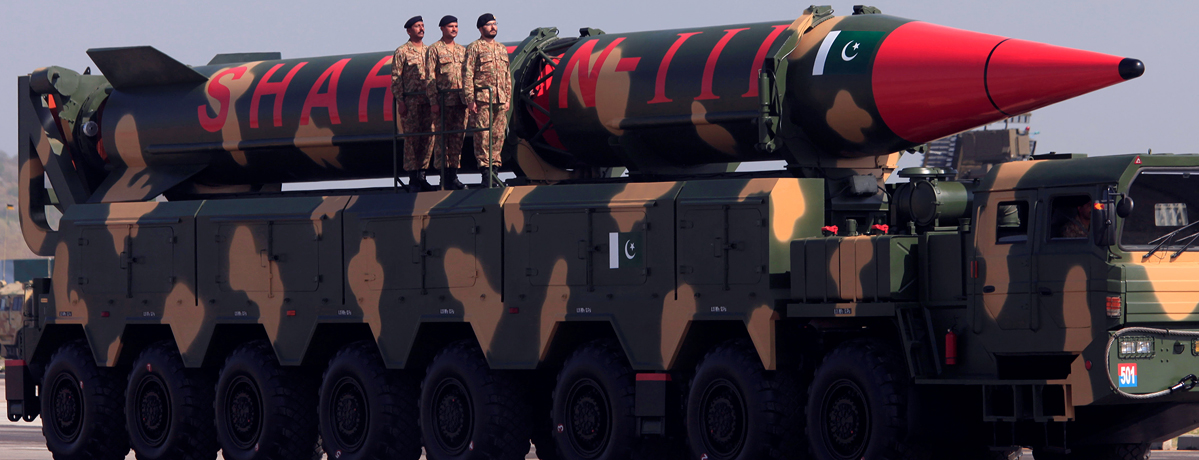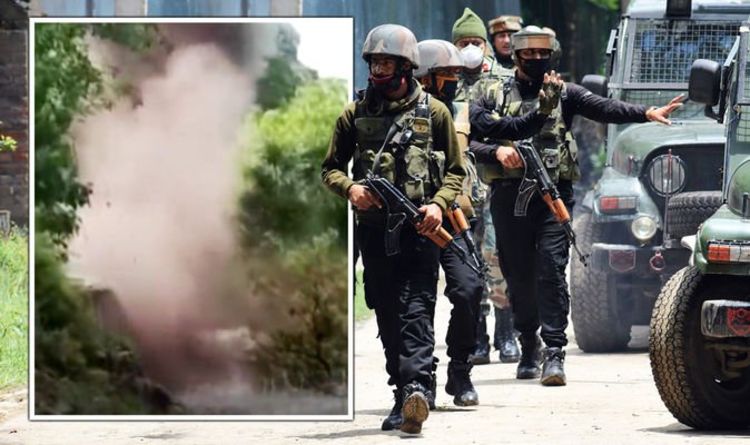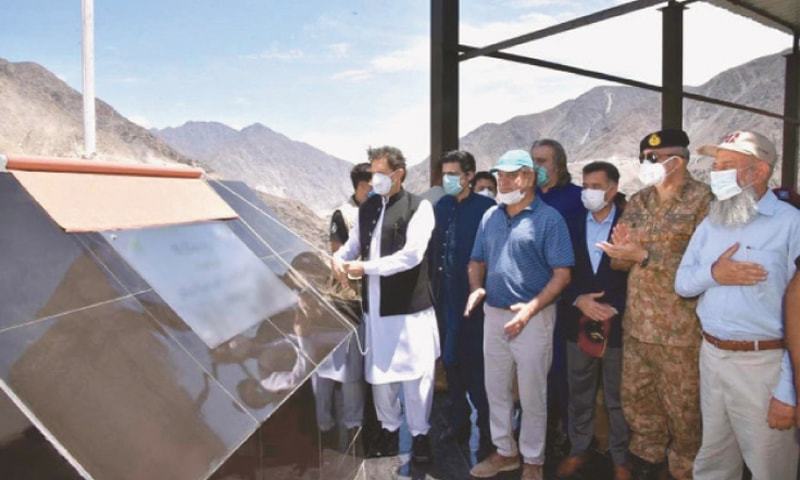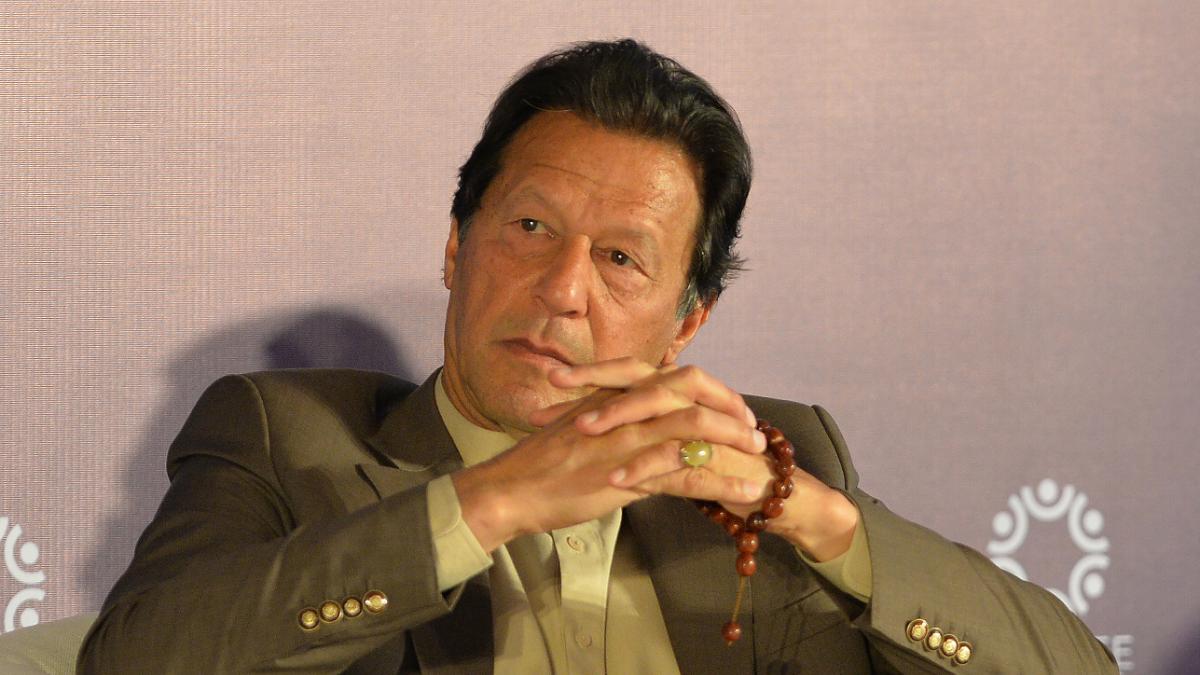Vääpeli
Greatest Leader
Naistenpukimissa? Ketään ei kiinnostanut pätkääkäänIsis väitti tappaneensa poliisin Pakistanissa. Veriteko jäi videolle joka tässä näkyy. Varoitukseksi herkemmille ei erityisen raaka,mutta ihminen siinä murhataan´.

Follow along with the video below to see how to install our site as a web app on your home screen.
Note: This feature may not be available in some browsers.
Naistenpukimissa? Ketään ei kiinnostanut pätkääkäänIsis väitti tappaneensa poliisin Pakistanissa. Veriteko jäi videolle joka tässä näkyy. Varoitukseksi herkemmille ei erityisen raaka,mutta ihminen siinä murhataan´.

Naistenpukimissa? Ketään ei kiinnostanut pätkääkään
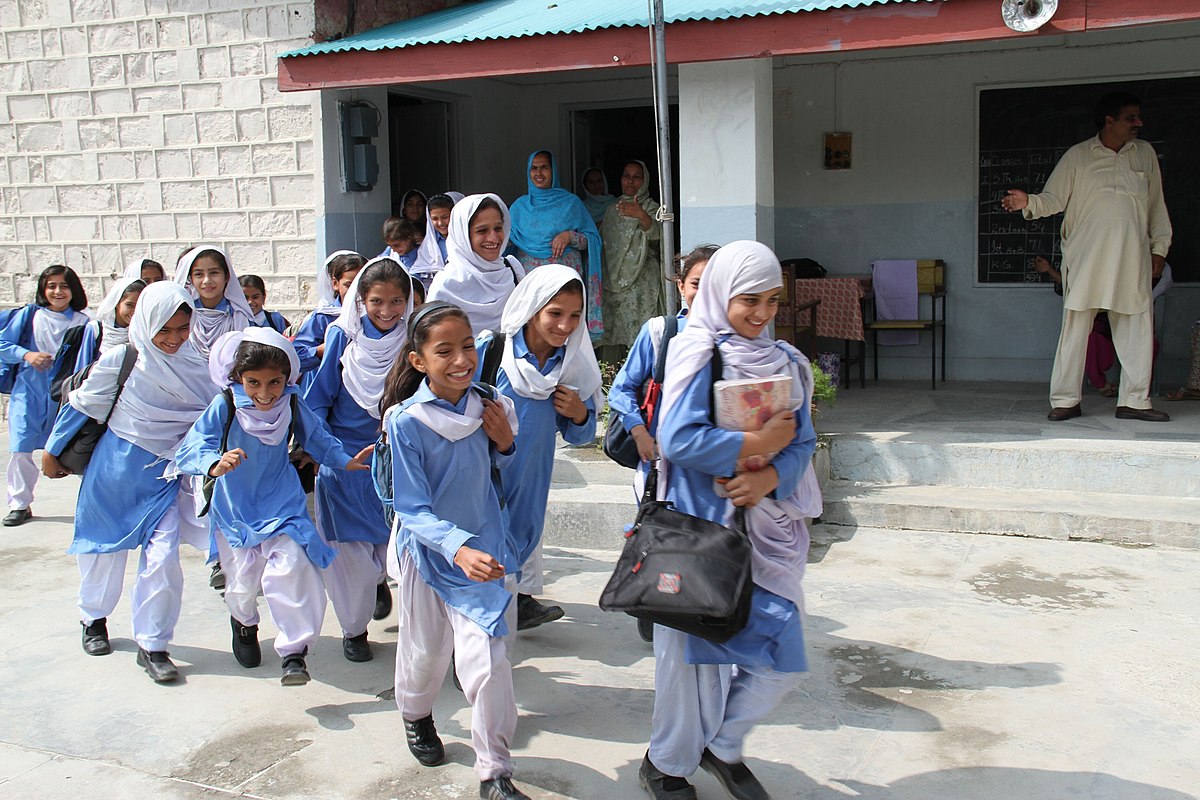

Intian talous on pahasti sakkaamassa ja väkimäärä ei tahdo kohta mahtua maan rajojen sisälle.
Tämän lisäksi pitäisi kostaa edelliset nöyryytykset Pakistanille, Mumbain terroristi-iskut ja johtavan nationalisti puolueen pitäisi ajatella tulevia vaaleja.
Taitavat olla miettineet ansan valmiiksi Pakistanille...
https://www.theguardian.com/world/2...t-fear-grips-region-as-indian-crackdown-bitesCities are empty as armed security forces outnumber local police and all communications remain blocked
Eid is just days away, and the central market in Srinagar, Lal Chowk, should be bustling with people. Every year crowds flock to its stalls to buy clothes, jewellery and sweets. Sheep and goats – traditionally offered as a sacrifice – are brought to the market by nomads from the Kashmir mountains.
But this week Lal Chowk was deserted. On Wednesday, only two men – armed Indian police – stood opposite the market’s shuttered shops and ice-cream parlours.
The clampdown on communications is equally harsh, and it is likely that people from outside the city have still not heard about the Indian government’s announcement. Landlines, mobile, internet coverage and, for many, cable TV have all been blocked.
People cannot call relatives, or call ambulances if there is an emergency. Public transport is not running, which means those with health problems can only get to a hospital if they have a car – and even then they struggle to get far.
Across the city, many roads are permanently blocked by loops of barbed wire. At checkpoints, people – including families with children – can be seen pleading with officers to let them pass. Most people, nervous that tensions were building last week, had stocked up on food and essentials, but it’s not known how long the curfew will last.
Neighbouring Pakistan, which also claims Kashmir, has responded to the crisis by announcing plans to expel India’s top diplomat and to suspend trade. The countries have fought two of their three wars over control of Kashmir.
https://www.theguardian.com/world/2...rs-kashmir-government-to-return-amid-protestsIndian officials have ordered government employees in Kashmir to return to duty and some schools have reopened after a tense weekend of protests in the territory.
At least two dozen people were reportedly admitted to hospitals with pellet injuries after violent clashes on Saturday night, almost two weeks on from the Indian government’s abrupt decision to revoke Kashmir’s special status. Indian troops also used teargas, chilli grenades and pellets to disperse protesters. A 65-year-old man died after being admitted to the hospital with breathing difficulties, according to reports.
Jammu and Kashmir’s chief secretary had relaxed curfew rules on Friday, saying: “It is expected that over the next few days as the restrictions get eased, life in Jammu and Kashmir will become completely normal.”
Officials have downplayed the protests and maintain that the situation remains calm. Over the weekend, however, authorities reimposed heavy restrictions in some areas.
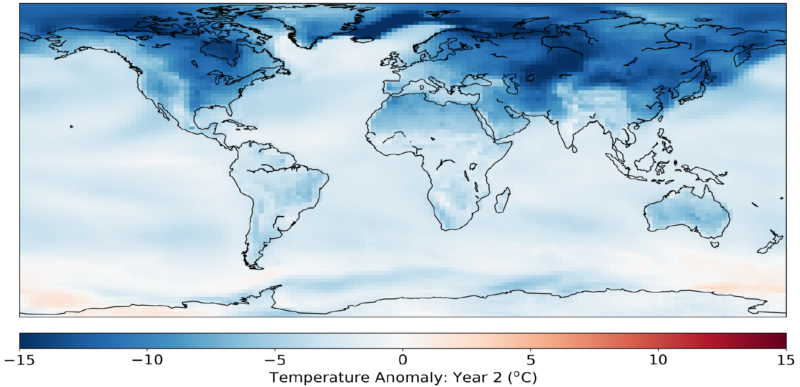
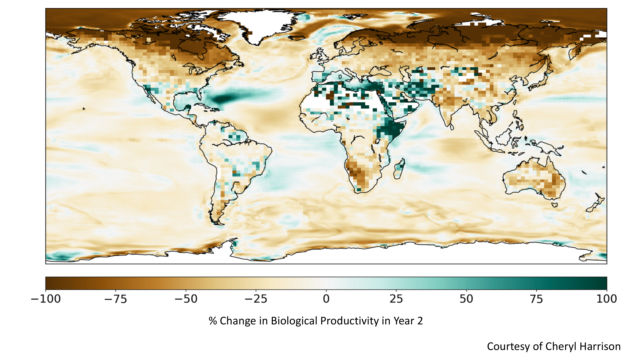
https://arstechnica.com/science/201...r-between-india-and-pakistan-would-be-global/There are few things humans have committed to as whole-heartedly as the art of killing. The culmination of this effort (so far) is nuclear bombs. Not only do these weapons have an almost impossible ability to take lives around the targeted location, but scientists have also warned that nuclear wars would have drastic climate impacts around the world.
While that general idea is pretty well-known, shifting tensions and growing nuclear arsenals have provided a number of different scenarios to analyze over the years. The latest study, led by Owen Toon (a student of Carl Sagan), simulates a plausible war between India and Pakistan in which the combatants use the nuclear weapons they're likely to possess by 2025.
How close did India and Pakistan come to nuclear war in February 2019? After a suicide attack in Kashmir that killed 46 policemen, India conducted an airstrike against what it called a “terrorist training camp” in Balakot, Pakistan. The crisis seemed on the verge of spiraling out of control after Pakistan shot down an Indian fighter jet. [1]
According to a number of reports, Indian Prime Minister Narendra Modi seriously considered a missile strike in the event that Pakistan did not return the pilot. [2]
The accounts vary—was it six missiles? Nine? Twelve? Or was it all a bluff, a threat upon which Modi never intended to follow through?
For his part, Modi has repeatedly emphasized that the threat was real and that had Pakistan not returned the pilot, he was prepared to commit what he called “a night of murder.” [3]
